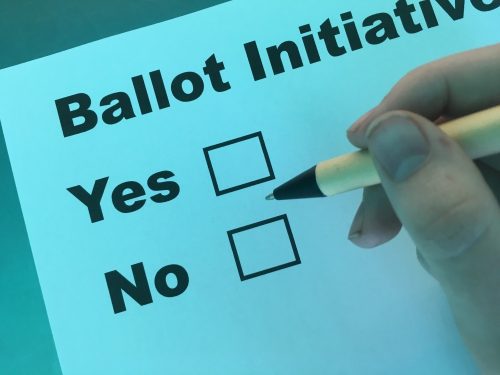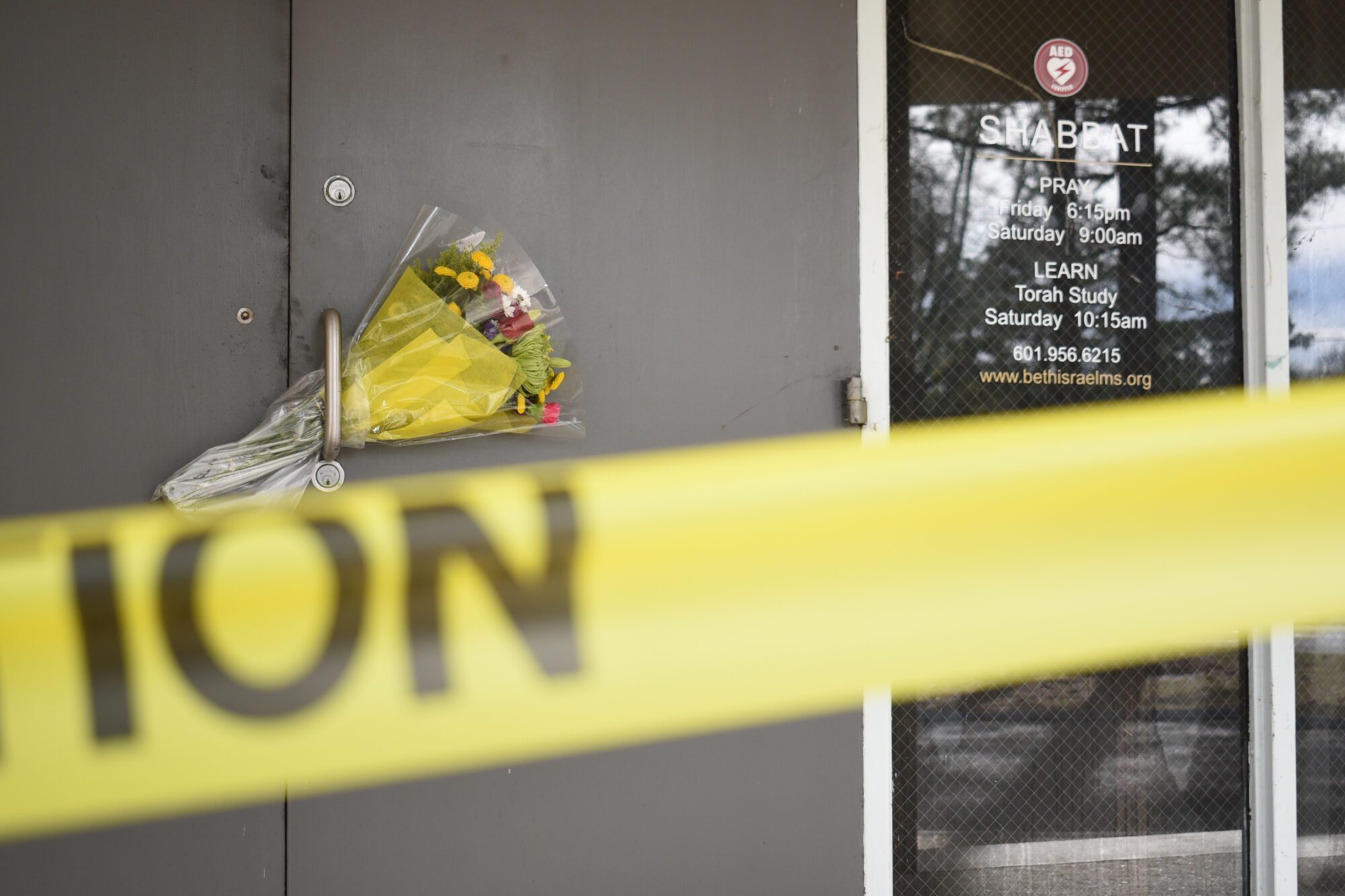
(Photo from permanentoffense.com)
No matter how the Mississippi Supreme Court rules in Initiative 65 case, lawmakers must clear up the confusion.
The only reason the Mississippi Supreme Court is being forced to consider whether or not the recently passed Medical Marijuana Initiative 65 was properly put before voters on the ballot is because the Mississippi Legislature failed to do its job.
This legal case is not about Medical Marijuana, despite what some would have you believe. That ship has sailed. It does not matter that voters passed the referendum by over 70% or that the Mississippi Department of Health is rushing headlong into implementing the program or that the Legislature did not pass their own Medical Marijuana program this past session. This case is solely about the initiative process.

Justice Dawn Beam recognized that in the hearing last week.
“It is totally irrelevant what this court thinks of Initiative 65, or how we voted,” Justice Beam said.
Section 273 of the Mississippi Constitution outlines the process by which the public can propose and enact constitutional amendments through ballot referendums. It states:
“An initiative to amend the Constitution may be proposed by a petition signed over a twelve month period by qualified electors equal in number to at least twelve percent (12%) of the votes for all candidates for Governor in the last gubernatorial election. The signatures of the qualified electors from any congressional district shall not exceed one-fifth (1/5) of the total number of signatures required to qualify an initiative petition for placement upon the ballot. If an initiative petition contains signatures from a single congressional district which exceed one-fifth (1/5) of the total number of required signatures, the excess number of signatures from that congressional district shall not be considered by the Secretary of State in determining whether the petition qualifies for placement on the ballot.”
This 1/5th provision is based on the now antiquated notion that Mississippi had five Congressional Districts. The 2000 Census changed that, with the state losing a Congressional seat and leaving Mississippi with the four it currently has.
How anyone can be a “qualified elector” in a Congressional District that no longer exists is a legal distinction, especially when the initiative guidelines set forth by the Secretary of State that Circuit Clerks must certify how many qualified electors have signed the petition from each Congressional District. The term “qualified elector,” by definition is a person qualified to vote in an election. No Mississippian is now qualified to vote in a 5th Congressional District because it does not exist.
Over the years, multiple bills have been filed to revise the language of Mississippi’s initiative process to reflect the current four Congressional Districts instead of the old five but, as noted by Chief Justice Mike Randolph at the hearing, lawmakers have not made the change.
Unfortunately, this is yet another example of the Legislature, whether through choice or lack of foresight, ignoring an issue that could have significant implications on both the public’s chosen preference as it relates to certain public policy and the people’s right to be heard granted by the Legislature when lawmakers do not tackle the tough issues the vast majority of voters support.
If the state Supreme Court rules against the Medical Marijuana Initiative 65 process, the Legislature will essentially be forced to take up the mantle and pass a bill that enacts the people’s wishes. Given the vote, it should not vary from the language that was on the ballot, despite the pitfalls and problems many, including me, have with certain aspects of the constitutional amendment.
If the Supreme Court finds against the process, it would behoove Governor Tate Reeves to call a special session of the Legislature without haste with two items on the call: 1) Passing the voter approved language from Initiative 65, allowing MSDH to meet the publicly expected deadlines the voters set forth to be made law upon his signature, and 2). Correcting the initiative process to reflect the state’s four Congressional Districts.
In fact, given the other initiatives now being floated publicly, such as Medicaid Expansion and Early Voting, however the state Supreme Court rules coupled with the truth legislators apparently refuse to address the discrepancy in the initiative process, Governor Reeves should consider a special session for the Legislature to clear up this initiative process ambiguity now so the people are not faced with a similar conundrum in the future, costing even more taxpayer dollars and public policy uncertainty.
And before you get the idea that the people should file an initiative to change the initiative process, don’t bother. The Mississippi Constitution states plainly that the initiative process shall not be used to modify the initiative process for proposing amendments to this Constitution.
So it is up to the Legislature, and Mississippi is at their mercy.











